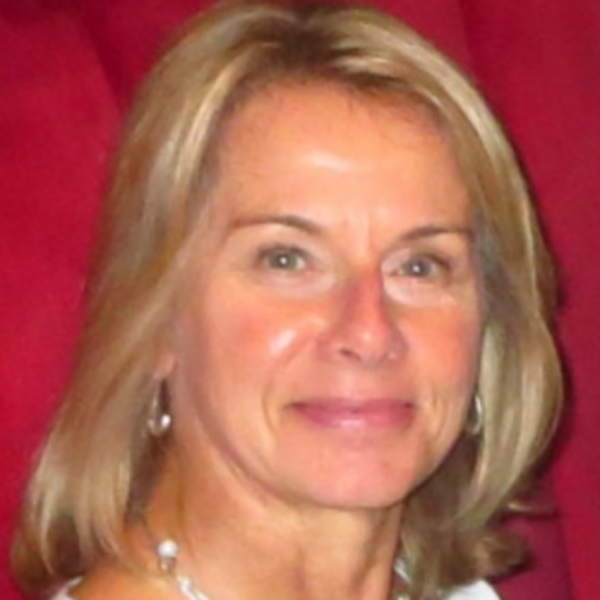Jayne Danska
PhD

(1) Immunogenetics of Type 1 Diabetes:
Type 1 diabetes (T1D) is caused by autoimmune destruction of insulin-producing islet cells and afflicts 0.3-0.6 percent of North Americans. The disease is multifactorial caused by genetic variation at multiple loci, modified by poorly defined environmental factors. The objective of our research program is to 1) identify genes that control this process in mouse models and in human patients, 2) understand the autoimmune response that results in islet cell death, and 3) to test the idea that early immune system exposures to microbes significantly modifies genetic risk for developing T1D. We have used positional cloning of T1D genes in rodent models and gene expression profiles from immune cell types to select genes used in family-based gene association studies in several large cohorts of T1D families. These studies will allow identification of individual loci, and a means to understand the complex interactions between loci in the context of T1D pathogenesis. We are also examining the interactions between genetic risk for T1D and early exposure to intestinal bacteria as a possible explanation for the striking rise in T1D incidence in Canada, the U.S., many European countries and in Israel.
(2) Molecular Mechanisms of acute Lymphoblastic Leukemia
Our research program is designed to probe the developmental steps and mechanisms of leukemia in mouse models and in human patients. The objective of this program is to translate knowledge gained in mouse models and primary human leukemia, to improve the diagnosis and treatment of leukemia. Our specific areas of interest are: 1) signalling pathways that govern cell survival, differentiation or death fate decisions in normal and neoplastic lymphoid cells, 2) identification and analysis of the cells that initiate and sustain the leukemic clone (cancer stem cells) to understand molecular pathways underlying leukemia initiation and progression, and 3) how leukemic blasts expand in the central nervous system (CNS) causing a major clinical complication of leukemia and lymphomas, and 4) features of the immune system that determine engraftment of normal human blood stem cells in settings of clinical transplantation.
(3) Therapeutic Manipulation of the SIRPα-axis in Stem Cell Transplantation and Leukemia Therapy
We and colleagues have discovered that signalling pathways mediated by interaction between the cell surface proteins SIRPα and CD47 are pivotal to the survival and development of human hematopoietic stem cells (HSC) that regenerate the blood system, and to acute myeloid leukemia stem cells (AML-LSC) that initiate and sustain leukemic growth. Our current research is focused on the development of protein therapeutics that manipulates the SIRPα-CD47 axis to enhance use and improve outcomes of HSC transplantation, and to block the survival and dissemination of AML-LSC. We have two patents filed, and a strategic partnership with a Canadian therapeutics company to realize economic benefits to Canada. Their goals are to complete preclinical development of the SIRPα-CD47 agonist and antagonist therapies to support first in huma trials. Deliverables: 1) Evidence for safety, potency and efficacy of SIRPα agonists in enhancing engraftment of human HSC and progenitors to advance to human trials. 2) Evidence for safety, potency and efficacy of SIRPα antagonists in reducing survival and dissemination of leukemia stem cells to advance to human trials. In addition, this therapeutics development program provides a context to address ethical, legal and policy questions surrounding cord blood donation.
